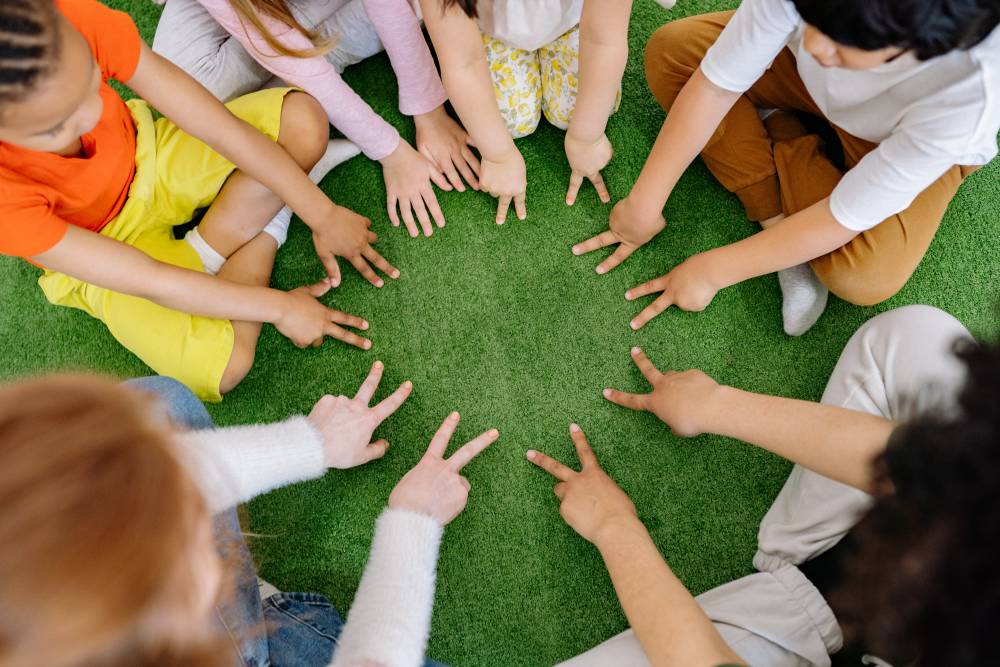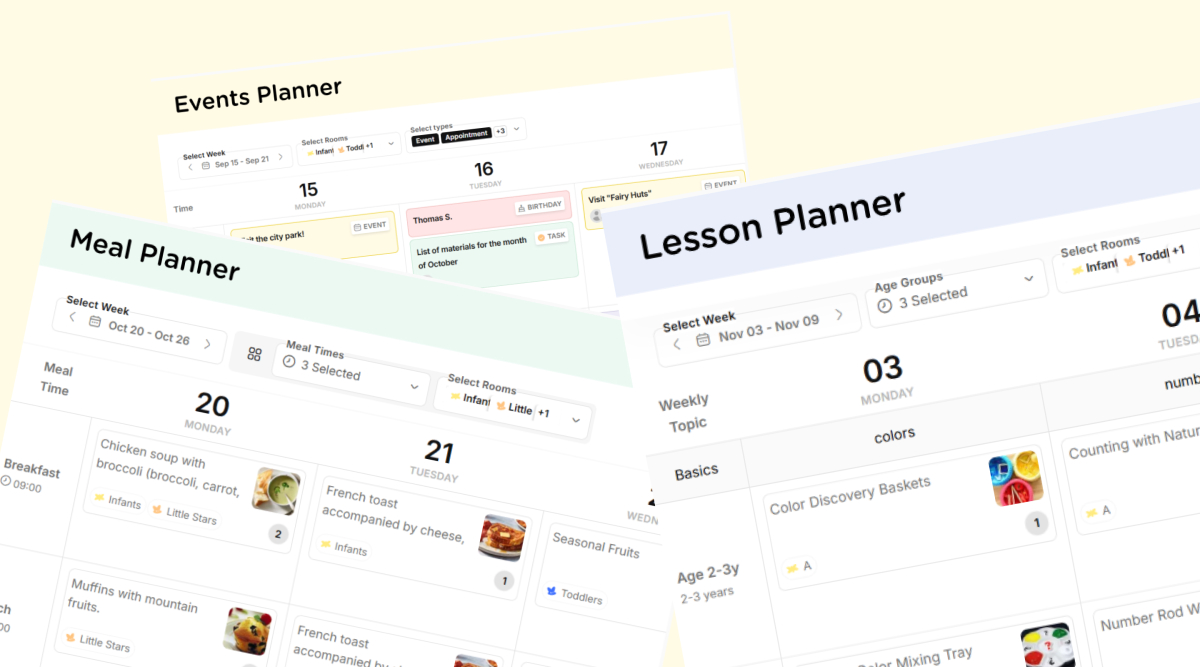In the bustling world of daycare, every child is a unique individual with varying comfort levels when it comes to socializing. For some children, breaking out of their shell and engaging with peers can be a challenge. Today, we explore valuable tips for daycare management and educators to foster a social environment where every child can spread their wings and soar.
-
Observation and Understanding: The first step in helping children who struggle with socialization is keen observation. Daycare educators should take the time to understand each child's individual needs, preferences, and potential triggers. This personalized approach creates a foundation for tailored support.
-
Gentle Facilitation and Inclusion: Create a warm and inclusive environment where all children feel valued and accepted. Daycare management can facilitate gentle introductions between children, encouraging positive interactions through group activities, collaborative projects, or play centers that spark shared interests.
-
Small Group Settings: For children who find large group settings overwhelming, consider creating smaller, more intimate playgroups. Daycare educators can organize activities that involve fewer children, providing a comfortable space for shy individuals to build connections at their own pace.
-
Modeling Social Behavior: Daycare educators play a crucial role as social role models. Demonstrate positive social behavior by actively engaging with children, showcasing effective communication, and resolving conflicts peacefully. Children often learn best by observing and mimicking the behavior of trusted adults.
-
Encourage Communication Skills: Help children express themselves by nurturing their communication skills. Daycare management can incorporate activities that promote verbal and non-verbal communication, such as show-and-tell sessions, storytelling circles, or puppet play. These activities create platforms for children to share and connect.
-
Patience and Individualized Approaches: Recognize that every child develops social skills at their own pace. Daycare educators should exercise patience and embrace individualized approaches. Some children may need more time to warm up to social interactions, and providing a supportive, understanding environment is crucial.
-
Parent Involvement and Collaboration: Maintain open lines of communication with parents. Daycare management can collaborate with families to gain insights into a child's social behavior at home. Sharing observations and strategies ensures a consistent approach between daycare and home environments.
-
Positive Reinforcement: Celebrate small victories and progress. Daycare educators can employ positive reinforcement strategies, such as verbal praise, stickers, or a special privilege, to encourage social engagement. Recognizing and celebrating social efforts instills confidence in children.
Conclusion: In the world of daycare, every child's journey to socialization is unique. With thoughtful observation, patience, and tailored strategies, daycare management and educators can create an environment where all children feel supported and encouraged to spread their wings socially. By fostering a sense of belonging and emphasizing positive connections, daycare becomes not only a place for learning but also a community where each child can thrive.





